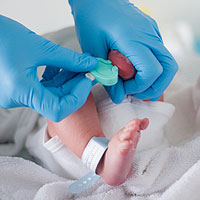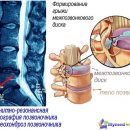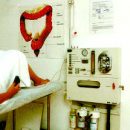Useful information on deciphering analyzes on anti HCV, types of HCV antibodies, properties of structural and non-structural proteins.
Content
Deciphering analyzes on anti HCV

The invasion of hepatitis with immunity is responsible for the development of immunoglobulin antibodies (Anti-HCV). They include structural (Core) and non-structural proteins (NS3, NS4, NS5). Information on antibody indicators make it possible to judge the viral load, virus activity and the risk of its transition to chronic form, as well as the liver condition.
The presence of total Anti-HCV is investigated by everyone who wants to check for hepatitis C, such diagnostics are carried out in the early stages.
Core IgG antibodies are manifested in a month and a half after contamination, and the maximum concentration is half a year after infection. Immunoglobulin class G is peculiar to the chronic form of hepatitis C and is detected for life after once transferred HCV.
IGM antibodies are detected six months after infection, and their concentration rapidly increases. This class is considered a marker of the acute form of HCV: its indicators fall at the end of the acute attack and again increase when virus reactivation.
NS3 antibodies are defined in the early stages of antibody formation. Their high titers and concentration talk about the acute HCV process. The duration of such a state often leads to the chronization of hepatitis.
NS4 and NS5 antibodies decrease after recovery. High NS4 antibody titers talk about possible lesions of the liver and duration of infection. Increased anti-NS5 concentration — About the presence of HCV RNA and the chronicization of the virus.
Anti-HCV decoding indicators:
- Igm +, Core IgG +, (NS and IGG) -, RNA (= RNA) HCV+ → acute form of hepatitis C;
- Igm +, Core IgG +, (NS and IGG) +, RNA (= RNA) HCV+ → Chronic form of hepatitis C in the reactivation phase;
- IgM-, Core IgG +, (NS and IgG) +, RNA (= RNA) HCV- → Chronic form of hepatitis C in the latent phase;
- IgM-, Core IgG +, (NS and IGG) +/-, RNA (= RNA) HCV- → recovery after acute hepatitis with or chronic hepatitis C in latent form.
For more specific decoding analysis, contact your infectious doctor and hepatologist.









